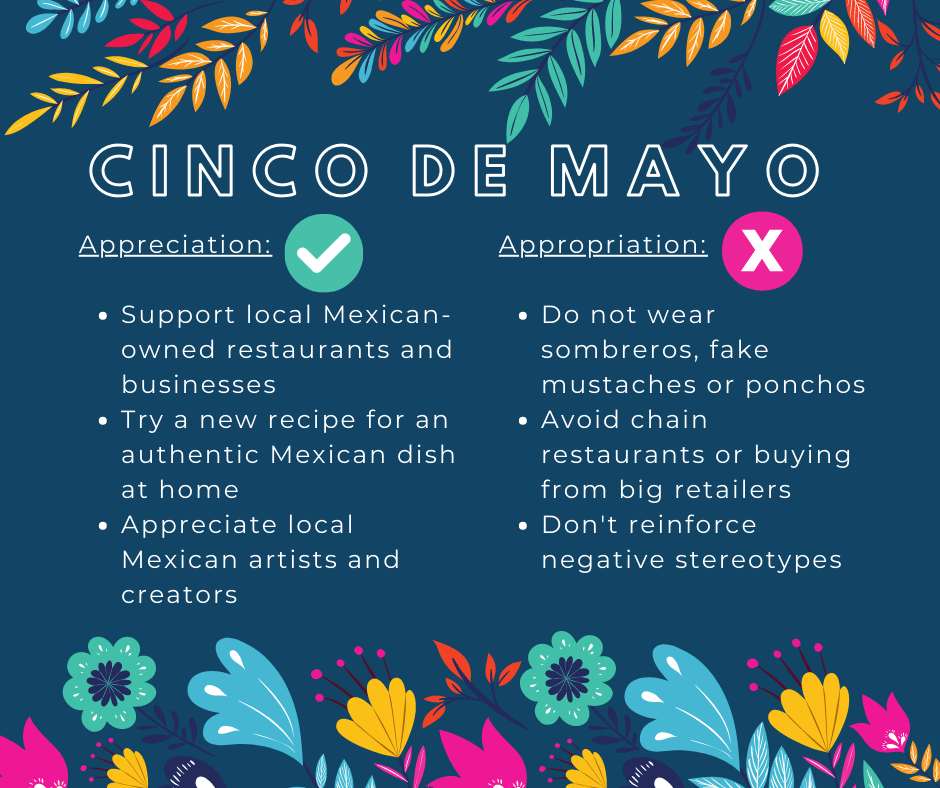Cinco de Mayo: Celebrating Mexican Heritage and History
Cinco de Mayo, a celebration that has gained popularity across the globe, is often mistaken for Mexican Independence Day. In reality, this observance commemorates the victory of the Mexican army over the French forces at the Battle of Puebla on May 5, 1862. As we explore the significance of this day, it’s critical to understand its historical context and the cultural pride it represents for Mexicans and Mexican Americans alike.
Understanding the Historical Context
The Battle of Puebla is a defining moment in Mexican history. It occurred during a time when Mexico was under tremendous economic strain, and the French had invaded to establish a monarchy under Maximilian of Habsburg. Despite being outnumbered, the Mexican forces led by General Ignacio Zaragoza defeated the French troops, which was a surprising victory and came to symbolize Mexican resilience and unity.
Cinco de Mayo vs. Mexican Independence Day
Many people confuse Cinco de Mayo with Mexican Independence Day, which is actually celebrated on September 16. Mexican Independence Day marks the beginning of the struggle for independence from Spanish rule in 1810, whereas Cinco de Mayo is a celebration of a specific battle against a foreign power. The focus of Cinco de Mayo has shifted over the years; in the United States, it has evolved into a broader celebration of Mexican culture and heritage.
The Cultural Significance of Cinco de Mayo
Cinco de Mayo has become a day for celebrating Mexican culture, heritage, and community. It showcases traditional music, dance, food, and artwork. Festivities often include parades, salsa dancing, and exhibitions of traditional Mexican dances. Food plays a pivotal role, with popular dishes such as tacos, enchiladas, and mole featured across many events.
Cinco de Mayo Celebrations in the United States
In the United States, Cinco de Mayo has blossomed into a nationwide celebration of Mexican culture. Cities such as Los Angeles, Chicago, and San Antonio host large scale festivities that attract hundreds of thousands of participants. Restaurants and bars typically feature special menus, decorations, and festivities to engage the public in the fun. The fervor this day ignites reflects a significant appreciation for Mexican traditions, enhancing understanding and respect for its culture among diverse communities.
Common Misconceptions
Despite the popularity of Cinco de Mayo in the U.S., there are several misconceptions linked to this holiday. For instance, many people mistakenly believe that it celebrates Mexico’s independence. Moreover, the holiday’s popularity is often driven by marketing, with many corporations capitalizing on the festivities for promotions. As noted by Kitsap IAC, it’s crucial for non-Mexicans to understand the roots and significance of this celebration rather than merely engaging in commercial activities.
Embracing Diversity and Heritage
Cinco de Mayo serves as a reminder of the importance of cultural heritage and diversity. In a globalized society, it is vital to recognize and honor the rich histories of various cultures. Celebrating Cinco de Mayo provides an opportunity for individuals of all backgrounds to partake in Mexican traditions, fostering an environment of mutual respect and understanding.
Conclusion
Cinco de Mayo is more than just a day for festivities; it is a reflection of Mexican resilience and cultural pride. By acknowledging the true significance of this day and respecting its cultural roots, we contribute to a more inclusive society that celebrates diversity. As we enjoy the music, food, and festivities that come with this vibrant holiday, let us remember the historical importance behind it and appreciate the richness of Mexican heritage.








